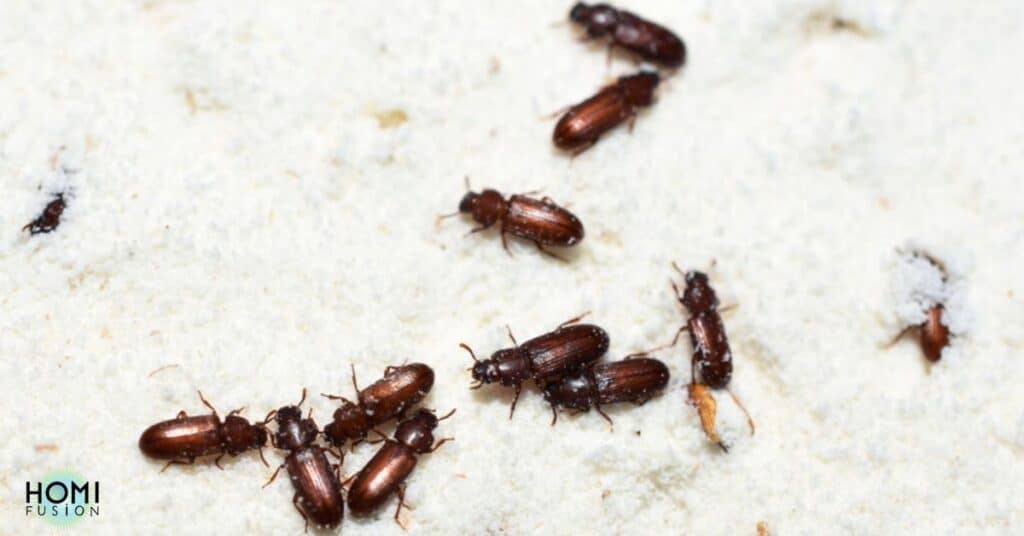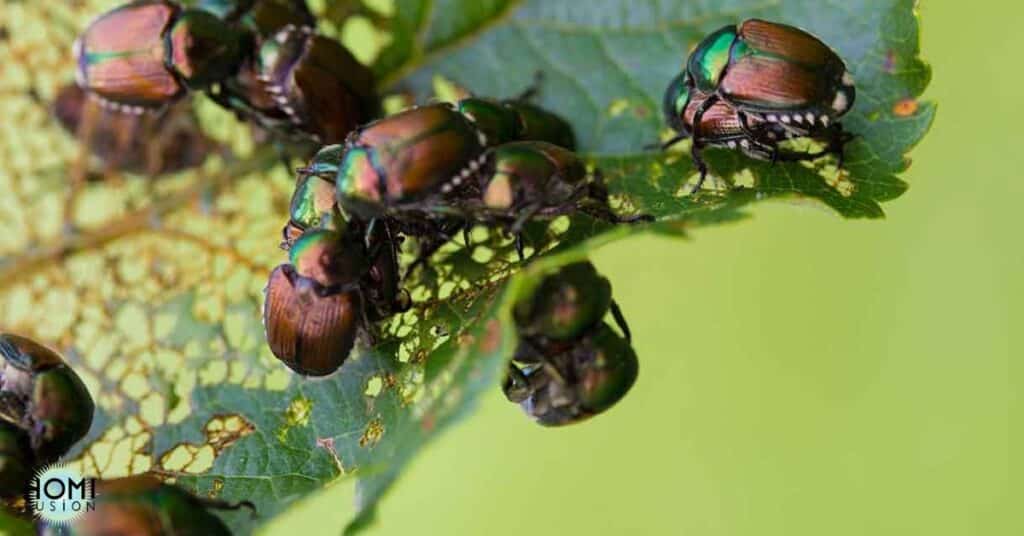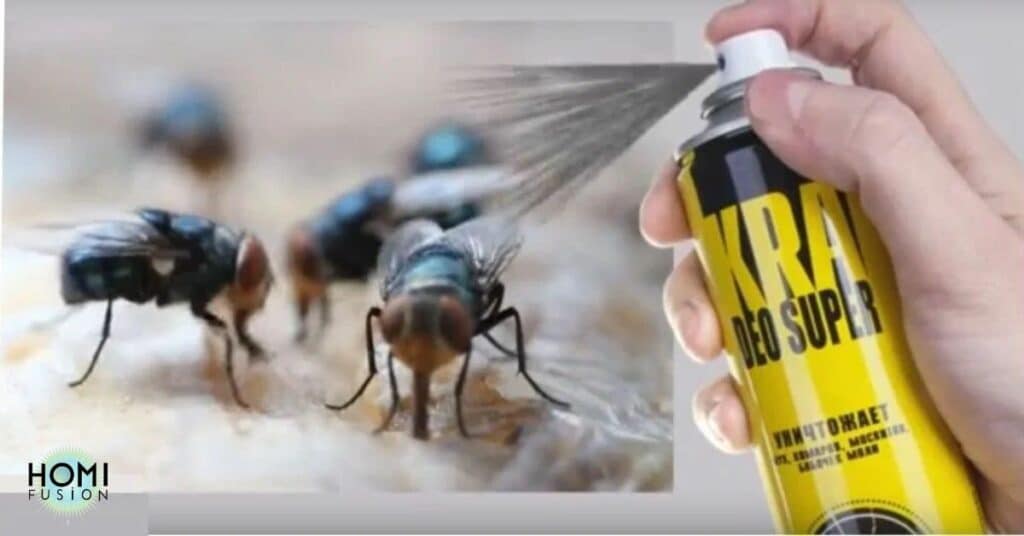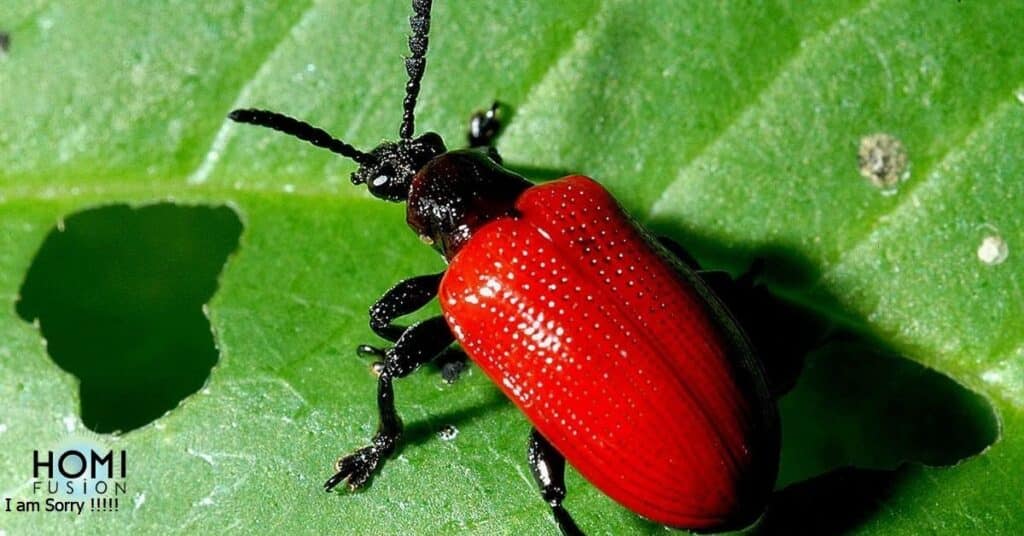Beetles are attracted to factors like lights open trash bins with rotten food and uncovered food items in your house. They are also drawn indoors by other insects’ moisture sources and poor landscaping choices. Understanding these attractants is crucial for preventing beetle infestations and keeping your home pest-free.
Identifying and addressing these attractants is crucial for effective beetle control. Manage lights seal trash bins and store food properly to minimize activity. Address moisture trim vegetation and seek professional help to prevent infestations and protect your property.
What is a bettle?
A beetle is an insect belonging to the order Coleoptera, characterized by having four wings, with the outer pair modified into stiff elytra that protect the inner pair when at rest. Additionally, the term “beetle” can also refer to various insects that resemble true beetles.
Leaving Your Lights On
It can attract beetles to your home. Beetles are drawn to the bright light emitted by standard white light bulbs. Turning off unnecessary lights can help reduce beetle activity indoors.
This simple step can minimize the risk of beetles entering your living space. By being mindful of lighting usage you can help keep your home beetle-free.
Read this blog: HOW TO GET A DOG UNSTONED AT HOME?
Leaving Your Trash Bins Open
It attracts beetles to your home. Beetles find rotten food in open bins, especially appealing.
Closing your trash bins tightly can help prevent beetle infestations. Proper waste management reduces the risk of beetles entering your living space. Keeping trash bins sealed is essential for a beetle-free home.
Inviting Other Bugs In Your House
Inviting other bugs into your house can indirectly attract beetles. Beetles feed on various insects, including soft-bodied ones like aphids.

By allowing other bugs inside you inadvertently provide a food source for beetles. Keeping your home free of other insects can help deter beetles from entering. Minimizing insect presence indoors can reduce the likelihood of beetle infestations.
Making Poor Landscaping Choices
It can attract beetles to your home. Certain plants like blooming flowers and fruit trees provide food sources for beetles. Overgrown vegetation close to your house creates harborage areas for beetles to hide.
To prevent beetle infestations choose landscaping plants carefully and maintain them properly. Regularly trim bushes and trees near your home to reduce beetle attractants.
Going Overboard Outside
It is in removing potential beetle harborage areas that can backfire. Eliminating natural food sources and breeding sites may drive beetles to seek shelter indoors.
To strike a balance, maintain a diverse landscape while minimizing beetle attractants. Seek professional advice to create a beetle-resistant outdoor environment. Effective beetle control requires thoughtful landscaping strategies.
Where There’s Moisture, There Are Beetles
Where there is moisture beetles are drawn to survive and breed. Roof leaks plumbing issues and excess humidity provide ideal conditions for beetle infestation.

Wood-destroying beetles thrive in moist environments causing structural damage over time. Regularly inspect and repair sources of moisture to deter beetle infestations. Proper moisture control is essential for maintaining a beetle-free home.
Also read: WHY IS MY NEW AC SO LOUD INSIDE MY HOUSE?
How Do Professionals Get Rid Of Beetles?
They start with a thorough inspection to identify infested areas and beetle species. Treatments involve interior and exterior pesticide applications along with baits and traps to monitor progress.
Follow-up visits ensure treatment effectiveness and may include sealing off access points to prevent re-infestation. Finally, professionals educate homeowners on minimizing attractants to prevent future beetle activity.
How To Get Rid Of Beetles Inside Your Home
To rid your home of beetles, vacuum carpets thoroughly and seal food in airtight containers. Use pesticides and essential oils strategically to deter beetles and prevent infestations.
Getting Rid Of Carpet Beetles
To get rid of carpet beetles vacuum thoroughly to remove larvae and eggs. Wash clothing and bedding in hot water to kill any hidden beetles. Use insecticides or natural repellents like cedar oil to treat infested areas. Regular cleaning and proper storage can help prevent future carpet beetle issues.
Getting Rid Of Pantry Beetles
To eliminate pantry beetles discard infested food items and vacuum pantry shelves. Clean surfaces with soap and vinegar to deter beetles. Use pesticide sprays or traps to target remaining beetles. Seal new food in airtight containers to prevent reinfestation.

How To Get Rid Of Beetles In Your Garden And Outside
To remove beetles from your garden use soap and water or neem oil to deter them from plants. Set up beetle traps away from your garden to capture them.
Introduce predators like birds or use beneficial nematodes to control beetle populations. Consider using insecticides sparingly on non-edible plants. Implementing these methods can help protect your garden from beetle damage.
Frequently asked questions
How many species of beetles are there?
There are over 350000 known species of beetles worldwide. They are incredibly diverse and inhabit various ecosystems across the globe.
Can getting rid of beetles be done naturally?
Yes, getting rid of beetles naturally is possible. Methods include using essential oils diatomaceous earth and habitat modifications to deter and control beetle populations without synthetic pesticides.
Do you have to know what type of beetle you are trying to treat for?
Yes, knowing the type of beetle is crucial for effective treatment. Different species require specific control methods so accurate identification ensures targeted and successful beetle management.
How do I get rid of beetles in my house?
To get rid of beetles in your house start by identifying and addressing attractants like lights and open trash bins. Use methods such as vacuuming sealing food and applying pesticides or natural repellents to eliminate beetles and prevent infestations.
Conclusion
Understanding what attracts beetles to your house is essential for effective pest management. Factors such as leaving lights on having open trash bins and inviting other bugs indoors can inadvertently draw beetles into your living space. Moisture sources, poor landscaping choices and excessive outdoor measures can also contribute to beetle infestations. By identifying and addressing these attractants you can minimize beetle activity and reduce the risk of infestation.
Implementing simple measures like sealing trash bins storing food properly and controlling moisture levels can go a long way in deterring beetles. Additionally, seeking professional help for thorough inspections and tailored treatment plans can effectively address beetle issues. Overall, proactive prevention and targeted control measures are key to maintaining a beetle-free home and preserving the integrity of your property.

Meet Emily, a seasoned professional with 5 years of expertise in the field of home design. Her passion and extensive experience bring a unique perspective to our website, enriching your journey with insightful content.







